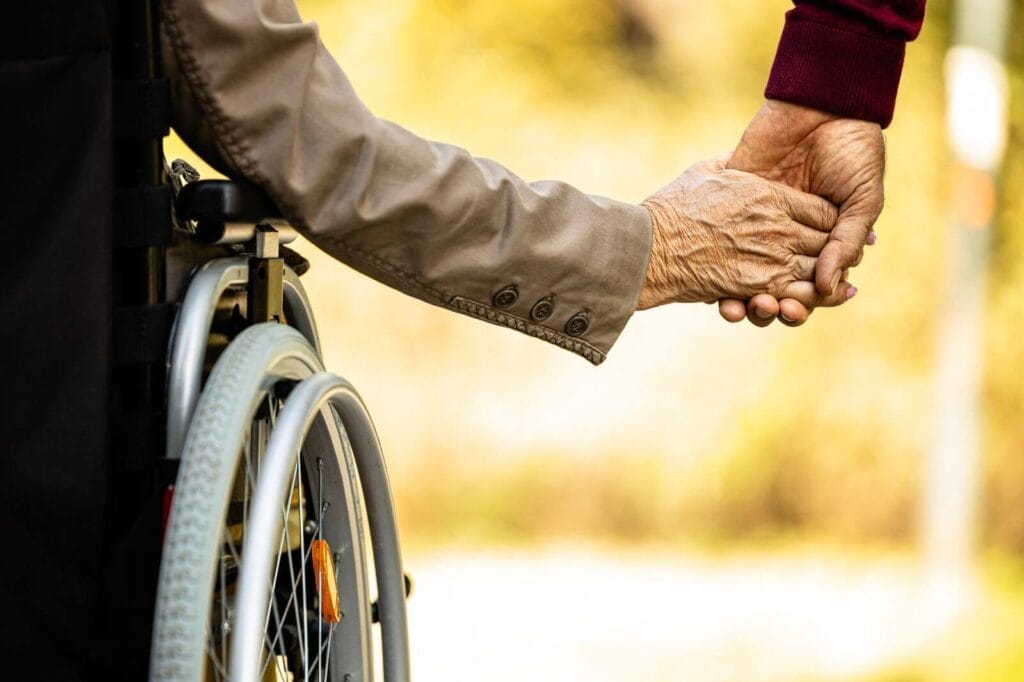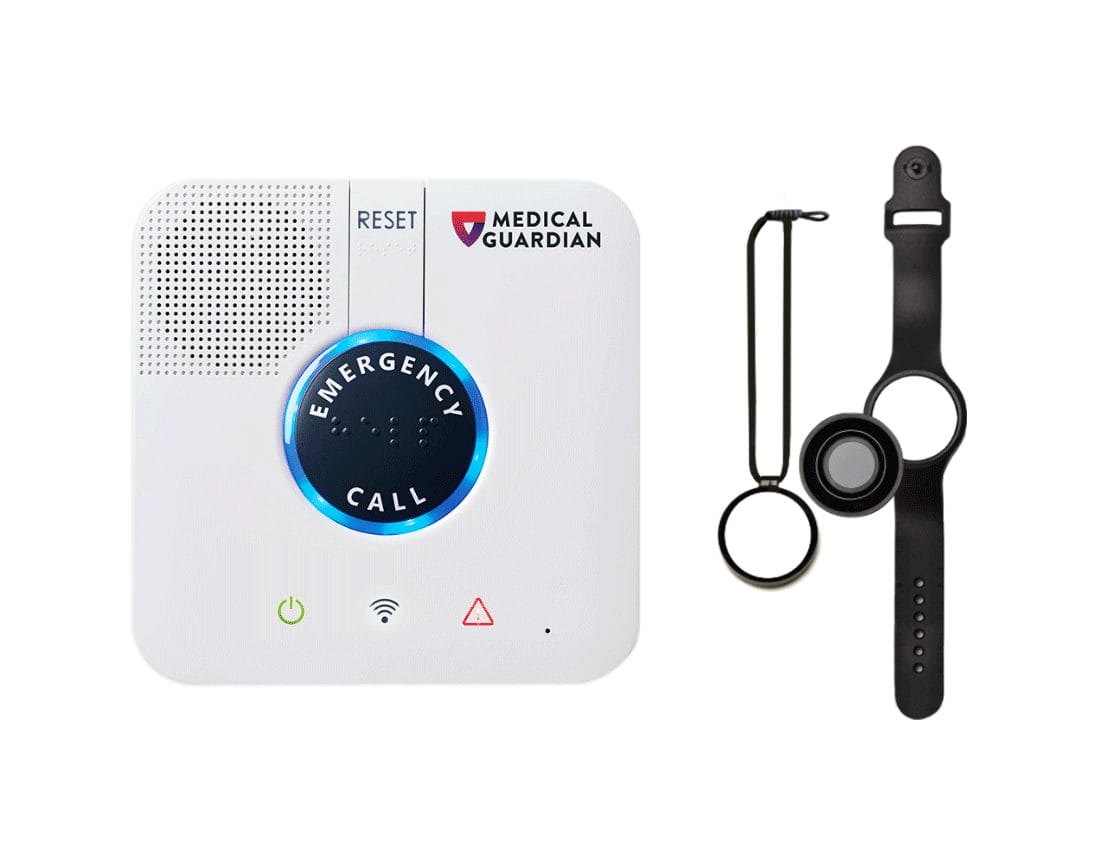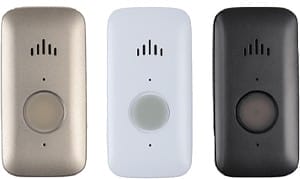
Because long-term care services can be expensive, many people must turn to Medicaid for help paying the tab. Before you can qualify for Medicaid, certain financial criteria must be met. For some, this means having to “spend down” assets to lower their resources to meet Medicaid’s financial requirements. When one spouse needs nursing home care, Medicaid’s spend-down rules can impact both spouses. If your spouse requires nursing home care and is applying for Medicaid, how can you protect the assets you’ve worked so hard to build up?
The good news is that some assets are considered less vulnerable to Medicaid than others. This guide will explain Medicaid’s financial limitations for married couples and provide strategies to protect your assets if your spouse goes to a nursing home.
Medicaid financial requirements
Medicaid is a joint federal and state program providing health care and long-term care services for low-income individuals. While specific criteria must be met to qualify for Medicaid’s nursing home benefits, these can differ from state to state.
In general, though, an individual — whether single or married — must have insufficient assets to pay for their own care. In some cases, they may have to spend down some assets to qualify. Simply gifting these assets to a loved one, including the healthy spouse, is prohibited. In fact, for married couples, both spouses’ assets are considered, even if they are jointly titled or held only in the healthy spouse’s name.
Which assets count toward Medicaid eligibility?
For the purpose of spending down assets, Medicaid divides assets into countable (i.e., available) and non-countable (exempt) assets. Countable assets include personal financial resources, such as:
- Cash.
- Stocks, bonds, and other investments.
- Pensions (if the applicant is retired).
- Annuities (if not converted to an income stream).
- Cash-value life insurance (above a stated death benefit amount).
- Investment properties.
A married couple’s primary residence may also be considered countable if the value exceeds a certain amount unless the healthy spouse still lives in the home.
Non-countable assets are generally not used when determining an individual’s eligibility, so they are typically considered “safe” from Medicaid. These include:
- A small sum of money (or “cash allowance”).
- Some personal items (such as clothing and jewelry).
- A prepaid funeral and burial plot.
- Term life insurance (i.e., death-benefit-only coverage).
- A vehicle for personal use.
- Property (real or personal) essential to the applicant’s self-support, regardless of its value.
Protections in place for a person whose spouse goes to a nursing home
A healthy spouse can keep half of the couple’s total assets up to a maximum cap, which varies depending on the state. This is referred to as the Community Spouse Resource Allowance, or CSRA.
In addition, Medicaid has a set of spousal impoverishment protections that allow the healthy spouse to keep enough income and assets to live on. For instance, the healthy spouse may keep all their own income, and they may even be allowed to keep some of the other spouse’s income if it is needed for financial support.
While this monthly maintenance needs allowance varies by state, the federal government has a set minimum and maximum. In 2024, these figures range from a low of $2,465 per month to a high of $3,853.50. Medicaid will also allow for a monthly family income allowance if other family members live in the household.
Strategies to protect your assets if your spouse goes to a nursing home
A healthy spouse can protect their assets if their spouse moves to a nursing home in a few legitimate and legal ways. Remember that all of these are complex legal and financial matters, and to use the strategies properly, it’s best to work with a licensed expert, like a Medicaid planner or an elder law attorney.
One misconception is that the only way to reduce the value of a Medicaid applicant’s assets is to spend them on their medical care. However, there are actually many ways that assets could be spent that will still allow for Medicaid nursing home coverage eligibility.
For example, in many states, the following are allowable expenditures when spending down assets:
- Payment of legitimate debt.
- Purchase of non-countable assets (such as a new home, a car, and household goods) and payments for these assets.
- Caregiving services (particularly if care at home helps keep the applicant spouse at home or out of a more expensive nursing home facility).
Other ways to protect assets for an individual whose spouse gets Medicaid to pay for nursing home care include:
- Irrevocable or Medicaid asset protection trusts: In some states, trusts may be used to preserve assets. Any assets over the Medicaid financial limits may be transferred into such a trust. While these trusts may require giving up control of assets, they can still provide a way for the needy spouse to qualify for Medicaid without fully depleting the couple’s entire estate.
- Transferring the home out of the Medicaid recipient’s name: When the spouse who receives nursing home care passes away, Medicaid may attempt to collect payment from their estate. This process is called estate recovery. One way Medicaid does so is by placing a lien on the surviving spouse’s home. However, if the Medicaid recipient had legally transferred the property out of their name — including into their spouse’s name or an irrevocable trust — before their passing, the house cannot be taken by Medicaid.
- Medicaid annuity: Assets could be used to purchase an annuity designed to comply with Medicaid rules. This can help shield the amount of money contributed to the annuity.
Paying for nursing home care can be challenging, but Medicaid may be able to help. It is important to remember that Medicaid qualification criteria and resource limitations can differ from one state to another. The Medicaid application and asset protection process can also be complicated. Working with the appropriate professionals, such as Medicaid planning attorneys, elder law attorneys, and estate planners, is a good idea. Otherwise, Medicaid benefits could be delayed or possibly even denied altogether. With the proper knowledge and assistance, you can learn how to protect your assets if your spouse goes to a nursing home.








